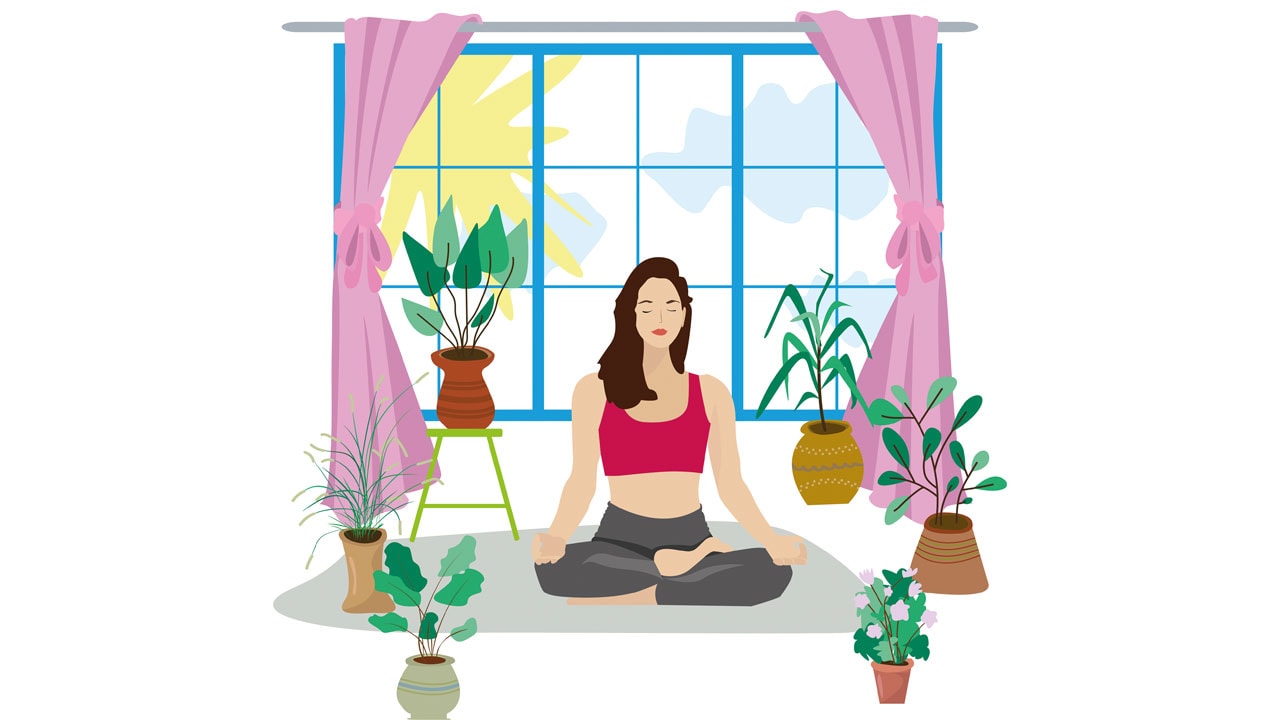
Living the teachings — yoga’s everyday spiritual meanings
ASTEYA: THE PRACTICE OF NON-STEALING. By Sue Pugh
The yamas and niyamas provide a simple set of practical, ethical guidelines when following the yogic path. By considering these guidelines in our daily lives, both on and off the yoga mat, our decisions and actions come from a more considered, aware and ‘higher’ place, and this enables us to live a more authentic life. The third yama, Asteya, literally means not stealing, but of course, there is much more to it than this.
Today, with our ever-increasing concerns about climate change, Asteya can relate to putting our own selfish needs before the needs of future generations by stealing from the earth’s resources by wasting food, excessive travel and or not trying to conserve energy, to name a few examples. An ancient North American saying reminds us that: “We have not inherited the earth from our forefathers, we are only borrowing it from our children.”
Possessing, accumulating, having a sense of entitlement and hoarding belongings we may never use can all be understood as subtle forms of stealing, as re-iterated by Gandhi’s words: “Mankind’s greed and craving for artificial needs is also stealing.” Very often, the more material things we have around us, the more material things we feel we need.
This is usually subconsciously driven by a need to ‘fill a gap’ that we feel is missing in life.
Asteya teaches us that material possessions can’t replace whatever it is our soul really needs. When we begin to let go of what we don’t need, we make space for the universe to provide us with what we do need – be it a physical possession, an experience, or simply a sense of wellbeing. It would serve us well to remember that ‘not having enough’ is one of the big lies of modern culture that brings with it much misery and discontent.
Comparing ourselves to others oft en drives this need to ‘accumulate’ as we somehow find ourselves lacking. Conversely, we may also think of ourselves as superior, as well as entitled, and this may result in taking possessions, time or ideas from others or preventing them from achieving success by your actions or omissions. Not paying attention to others or discounting them amounts to stealing from them too. Asteya reminds us that the simplest things in life, like a warm smile, a sincere compliment, or taking the time to truly listen, can brighten the day of another.
Asteya encourages us to take what we need and no more. It is fundamentally about wholeness and being enough. Maybe if we thought more about this we would stop also stealing from ourselves by slowing down and finding joy in the ordinary simple moments in our lives when we are fully present with ourselves and others.
Sue Pugh is a yoga teacher and founder of vitabonayoga.com and yogainspecialplaces.com


